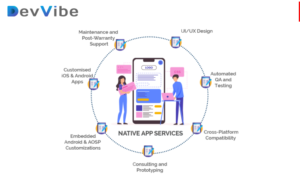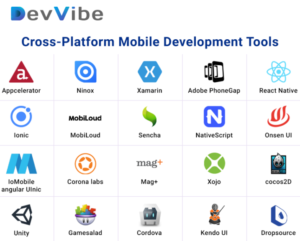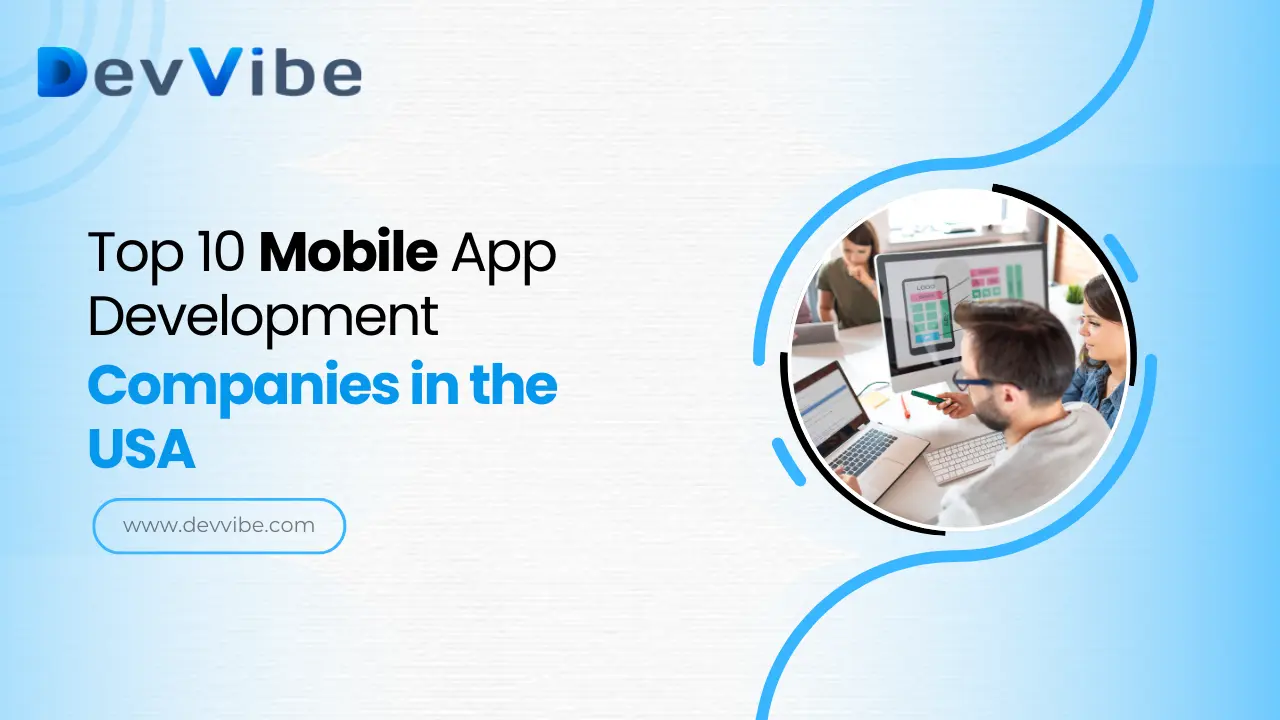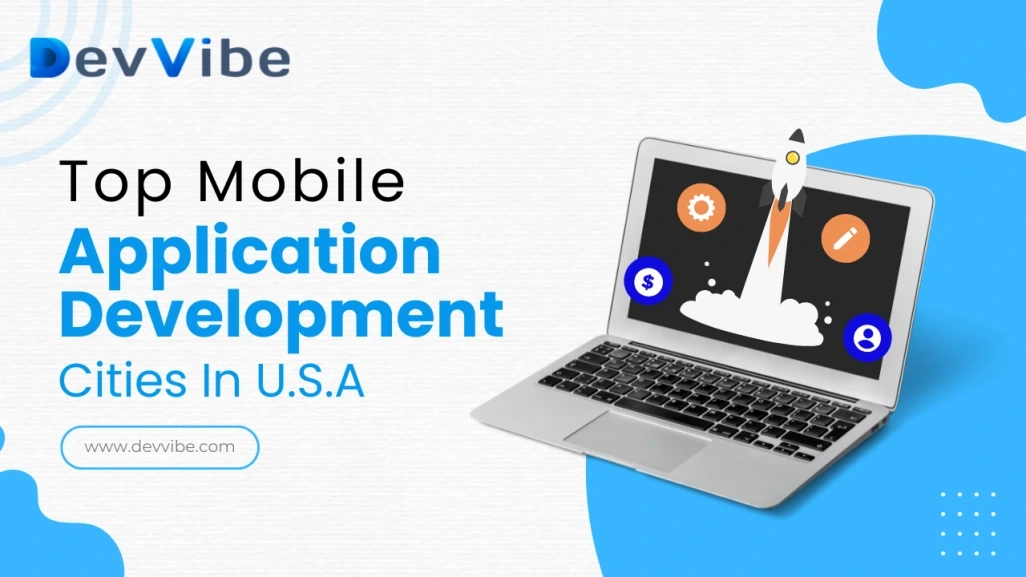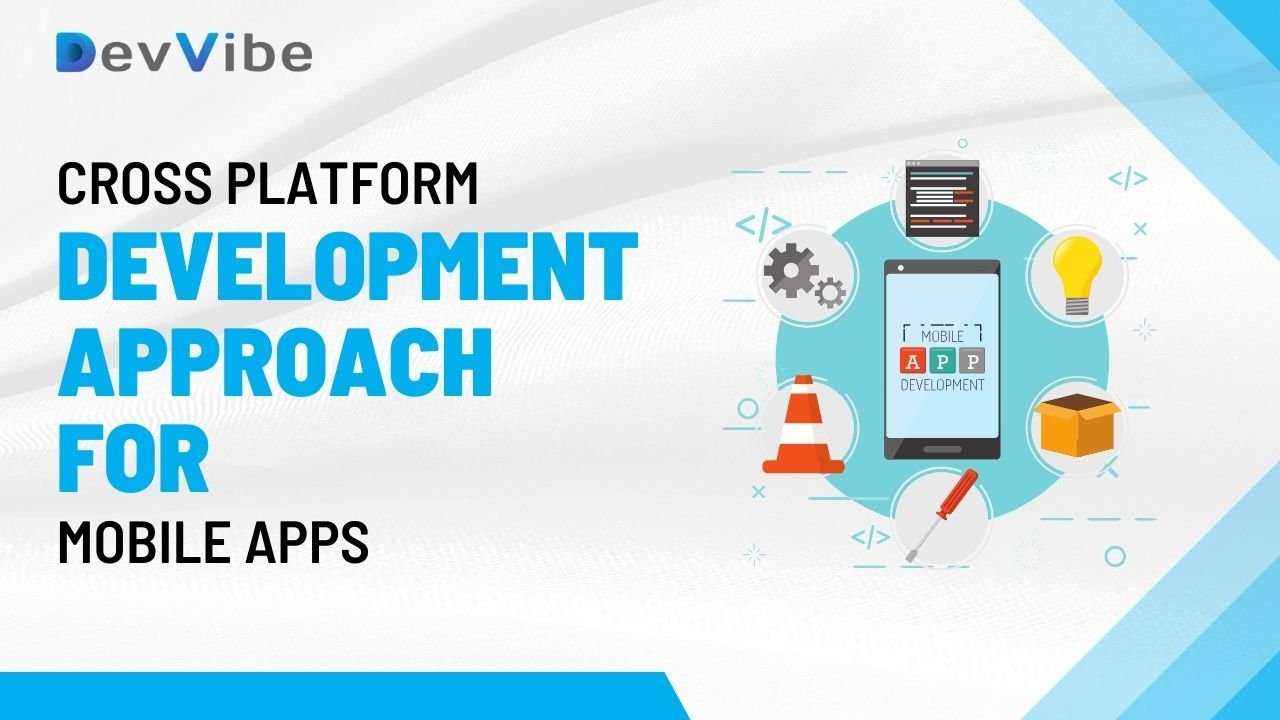
How to Free Develop a Mobile App and Become a Developer for Free?
In the age of digital innovation, mobile app development stands as one of the most sought-after skills. Whether you aim to Free Mobile App Development or leverage cross-platform mobile app development services, the journey is both exciting and rewarding. This guide will provide you with essential steps and resources to help you become a proficient mobile app developer without spending a dime. We’ll also explore various frameworks and services, including hybrid mobile app development services and custom mobile app development.
The world of mobile apps is vast and lucrative. However, the initial hurdle for many aspiring developers is the cost. Fortunately, with the right approach and resources, you can embark on your app development journey without breaking the bank. This guide will walk you through the steps needed to develop a mobile app free and become a developer for free.
Fundamental Concepts of Free Mobile App Development
Before diving into the development process, it’s essential to grasp some fundamental concepts. A strong foundation in these areas will make the development journey smoother and more efficient.
Programming Languages
The first step is to learn programming languages relevant to free mobile app development. For iOS development, Swift is the primary language, known for its performance and safety features. For Android development, Kotlin is the go-to language, offering modern, expressive syntax and seamless interoperability with Java.
App Development Platforms
Familiarize yourself with the development platforms for both iOS and Android. Xcode is the official Integrated Development Environment (IDE) for iOS, while Android Studio serves the same purpose for Android. Both provide comprehensive tools to build, test, and debug apps.
App Design
Understanding user interface (UI) and user experience (UX) design principles is crucial. A well-designed app not only looks good but also provides a seamless user experience. Design tools like Figma and Sketch are widely used for creating app prototypes and wireframes.
App Store Guidelines
Each app store has its own set of guidelines and regulations. The Apple App Store and Google Play Store have specific requirements that your app must meet to be approved. Understanding these guidelines early on will save you time and effort during the submission process.
Leveraging Free Resources
The internet is a treasure trove of free learning materials. Leveraging these resources can help you acquire the skills needed to develop mobile apps without incurring any costs.
Online Tutorials and Courses
Platforms like Coursera, edX, and Udemy offer free courses on application development, covering topics from basic programming to advanced techniques. Websites like Codecademy and Khan Academy provide interactive tutorials that make learning to code more engaging.
Coding Bootcamps
Consider attending free coding bootcamps or workshops to learn practical skills. Many organizations offer free bootcamps to help aspiring developers gain hands-on experience. These often cover the entire development process, from ideation to deployment.
Open-Source Projects
Contributing to open-source projects on platforms like GitHub is an excellent way to gain hands-on experience and learn from other developers. Working on these projects allows you to see how experienced developers structure their code and solve problems.
Developer Communities
Joining online forums and communities can provide valuable support and guidance. Websites like Stack Overflow, Reddit, and GitHub Discussions are great places to ask questions, share your progress, and connect with other developers.
Building Your First Mobile App Custom Development
With a solid foundation in place, you can start building your first app. This process involves several steps, each crucial to the success of your project.
Ideation
Brainstorm app ideas that solve problems or fulfill a need. Choose an idea that you are passionate about to keep you motivated throughout the development process.
Planning
Outline the features, functionalities, and target audience for your app. Create a detailed plan that includes a list of features, user stories, and a development roadmap.
Design
Create wireframes and mockups to visualize the app’s interface using design tools like Figma, Sketch, or Adobe XD. Focus on creating a user-friendly design that is visually appealing and easy to navigate.
Development
Start coding your app using the chosen programming language and platform. Break down the development process into manageable tasks and tackle them one by one. Follow best practices for coding and keep your code clean and well-documented.
Testing
Rigorously test the app for bugs, performance issues, and user experience. Use testing tools and simulators to ensure your app runs smoothly on different devices and operating systems. Beta testing can also be beneficial for gathering user feedback before the official launch.
Launch
Prepare your app for submission to app stores by following their guidelines. Create compelling app store listings that include screenshots, descriptions, and promotional videos. Once approved, launch your app and start attracting users.
Leveraging Cross-Platform Mobile App Development Services
Cross-platform mobile app development allows you to create apps that work on both Android and iOS with a single codebase. This approach saves time and resources. Some popular frameworks for cross-platform development include:
React Native
Developed by Facebook, React Native is one of the best cross-platform mobile app development frameworks. It uses JavaScript and allows for fast development and a smooth user experience.
Flutter
Created by Google, Flutter uses the Dart language. It’s known for its fast performance and the ability to create beautiful, custom user interfaces.
Xamarin
Owned by Microsoft, Xamarin allows developers to use C# for mobile app development. It offers robust tools for building high-performance apps.
Custom and Hybrid Mobile App Development Services
For more complex projects, you might need custom mobile app development. This involves creating apps tailored to specific needs, offering unique functionalities and design. Hybrid mobile app development services combine elements of both native and web apps, providing a balance of performance and flexibility.
Free Mobile App Development Tools
Several tools can assist in app development without incurring costs:
Android Studio: Comprehensive development environment for Android apps.
Xcode: Apple’s official IDE for iOS app development.
Figma: Free design tool for creating app prototypes.
GitHub: Platform for version control and collaboration.
Monetization and Growth
Once your app is live, explore monetization options to generate revenue:
In-App Purchases
Offer virtual goods or premium features within your app for a steady income stream.
Advertisements
Display ads within the app to generate revenue using ad networks like Google AdMob and Facebook Audience Network.
Freemium Model
Offer a basic version of your app for free and charge for premium features, increasing the likelihood of conversions.
Conclusion
Building a successful app takes time and dedication. Continuously update and improve your app based on user feedback and market trends. Stay informed about the latest developments in app development and seek opportunities to learn and grow as a developer.
By following the steps outlined in this guide, you can Free Mobile App Development and become a developer for free. Start small, learn from your mistakes, and persistently improve your skills. With determination and the right resources, you can turn your app development dreams into reality.


